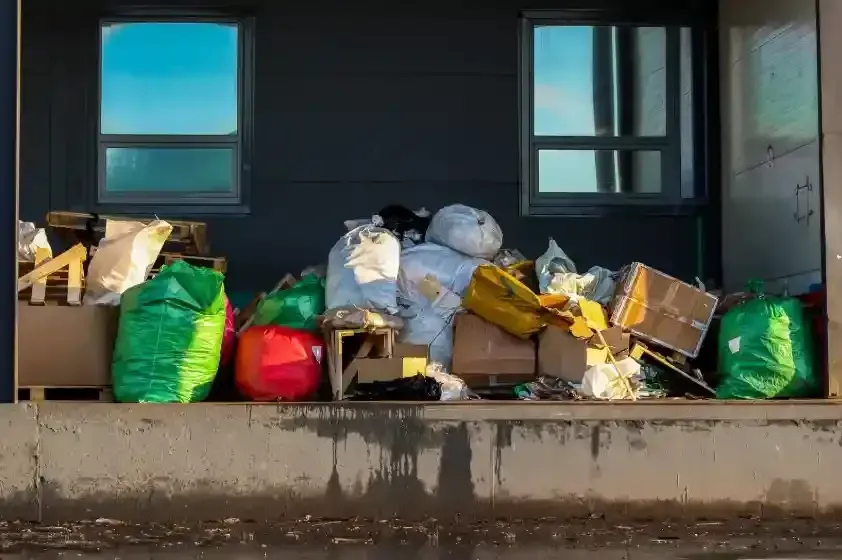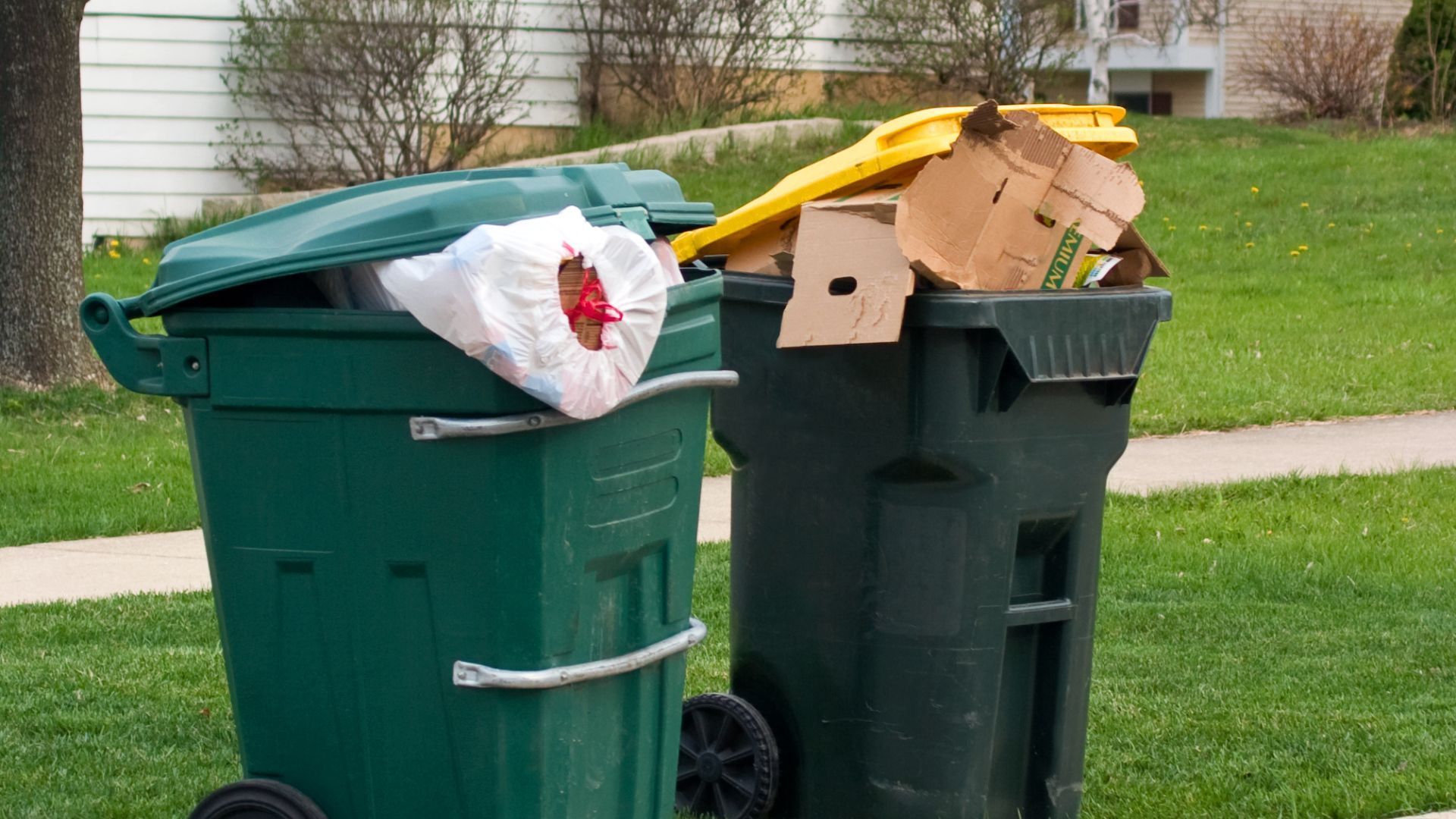Easy Ways to Keep a Clutter-Free Augusta Home
Keeping a home free of clutter doesn’t demand perfection—it demands rhythm. In Augusta, where charm and history meet modern living, homes deserve more than just aesthetic touches. A clutter-free space is not just about beauty—it’s about peace, functionality, and long-term efficiency. What begins as a few scattered items can snowball into an overwhelming mess, and once chaos roots itself in corners and closets, it can take over. But with a bit of intentionality and an eye on simple systems, households can avoid the cycle of accumulation.
This isn’t about tossing everything out or organizing drawers until your fingers ache. It’s about creating daily patterns that slowly edge clutter out of your space for good. In this guide, you’ll discover how to set your home up for less mess and more breathing room—all tailored to life in Augusta. From clever strategies to subtle mindset shifts, these insights work quietly in the background to reshape how your home feels, day after day.
Start With Less to Keep Less
It’s difficult to stay ahead of clutter if your home is already overrun. Clearing out what you no longer use becomes the foundational move in any clutter-free strategy. Most people underestimate just how much they own until they begin digging into corners they usually avoid. This means exploring your closets, opening every storage bin, and finally facing the “someday I’ll use it” drawer.
The trick isn’t in getting rid of everything but in becoming more selective. Reducing possessions opens up space both physically and mentally. Think of your home as a living, breathing space—it needs room to breathe, too. A weekend of focused reduction can feel like peeling off a heavy layer. Once that layer is gone, maintenance becomes simpler. You’re not fighting against mountains; you’re merely guiding the flow of things in and out with greater awareness.
Make Organization Part of the Atmosphere
Rather than treating organization as an occasional task, allow it to become part of the environment. This means the placement of baskets, hooks, bins, and shelves should feel intuitive rather than imposed. In Augusta homes where character often means smaller closets or unusual layouts, creative storage can transform the entire flow of a room.
You don’t need a label maker or an interior designer to make this work. Just assess where clutter tends to pile up and introduce containment that looks like it belongs. Shoes always at the door? Add a low-profile bench with storage. Paperwork crowding the kitchen counter? Introduce a file slot near the fridge. These small tweaks train habits without forcing effort. In time, putting things away becomes second nature because everything finally has a home.
Develop a “One In, One Out” Mindset
Impulse buys often mean clutter sneaks in quietly. A new mug, a seasonal decoration, or a trendy gadget—all innocent enough until there’s nowhere to store them. Cultivating a “one in, one out” rule curbs this behavior at the source. Each time something enters your home, something of similar size or category exits. This method maintains balance without feeling restrictive.
It’s less about minimalism and more about mindful ownership. The power of this simple rule is its ability to train your instincts. Over time, it causes you to pause before adding new items. Is this something I need, or will it just replace dust with guilt? Homes in Augusta that blend traditional charm with modern convenience benefit from this principle—it preserves space while keeping style intact.
Schedule a Weekly Reset

Clutter doesn’t build up in a day—it creeps in. A weekly reset serves as a checkpoint. Think of it as a ritual rather than a chore. Choose a consistent day and set aside just an hour to return items to their homes, clear surfaces, and scan for anything that no longer serves you. This moment of pause gives your home a chance to realign with your intentions.
Rather than diving into deep cleaning, this is about clearing the visual noise. Do toys need to be rounded up? Mail sorted? Forgotten laundry folded? It’s a quiet power move that maintains order without exhaustion. Even in the busiest Augusta households, this small act keeps your spaces functional and your mind lighter.
Avoid the “Later” Trap
“Later” is the birthplace of clutter. That stack of junk mail? You’ll sort it later. Those bags from last weekend’s shopping trip? You’ll unpack them later. Over time, “later” turns into weeks of buildup that demands hours of energy to undo. Instead, the practice of immediate action—just five seconds of decision-making—can redirect that cycle.
This doesn’t mean you need to clean constantly. It means adopting a small-shift philosophy. If it takes less than a minute, do it now. That mindset reduces friction throughout the day and helps maintain clarity in your home. In Augusta, where warm afternoons and social weekends are part of the rhythm, spending less time on clutter means more time enjoying your environment.
Break Projects into Micro Tasks
Sometimes clutter overwhelms because the fix feels enormous. Tackling an entire garage or attic can feel like staring up a mountain. Instead, shrink the scope. Focus on a shelf, a drawer, a single corner. Give yourself 20 minutes and nothing more. You’ll often find the dread disappears when the goal is tiny.
This trick works especially well for long-neglected areas of the home. Once you complete one micro task, it often unlocks momentum. Before you know it, you’ve tackled more than you planned. In homes across Augusta—whether you’re in a mid-century ranch or a modern build—this technique brings progress without burnout.
Keep Flat Surfaces Sacred
Horizontal spaces invite chaos. Kitchen counters, coffee tables, entryway benches—they become magnets for everything from loose change to unopened mail. Defending these zones from buildup shifts the entire feel of a room. When surfaces remain clear, the environment breathes better. You walk in, and your mind sighs with relief.
The key isn’t perfection, but awareness. Ask yourself once a day: what doesn’t belong here? Remove it. Repeat. Make these spaces places of calm rather than catchalls for life’s debris. Whether your Augusta home boasts marble counters or rustic wood, keeping them visible restores balance and clarity in daily living.
Create a Donation Station
Letting go becomes easier when the path is clear. Establish a single box or bin in your home as a donation station. This gives items a soft landing before they leave. Once the box is full, you take it out. It creates a visual reminder that decluttering is part of everyday life, not a special event.
This method works subtly but consistently. The next time you realize you no longer wear a pair of shoes or use a kitchen gadget, it doesn’t sit on the counter waiting for a decision—it goes straight into the bin. Over time, this builds a culture of letting go. For families and individuals alike in Augusta, this habit frees up space and offers others something useful.
Rotate Decor and Seasonal Items
Homes often become crowded not because of clutter, but because everything is always out. Seasonal decor, special-occasion items, or holiday accessories don't need year-round presence. Rotating items keeps your home feeling fresh without becoming overstuffed.
Use labeled bins to store out-of-season decor, placing them where they’re easy to swap out. Think of your home as a living gallery, where you showcase certain pieces while the rest wait their turn. Whether it's a festive centerpiece or heavy throw blankets, Augusta’s changing seasons offer a natural cue for this practice. Rotating instead of accumulating keeps everything accessible but never overwhelming.
Give Kids Ownership Over Their Space
Clutter multiplies fast in homes with children. But the answer isn’t constantly cleaning up after them—it’s bringing them into the process. Encourage kids to take ownership of their belongings, no matter their age. Even toddlers can be guided to sort toys or return items to bins.
This isn’t about perfection; it’s about forming habits early. Over time, children develop a sense of responsibility and pride in their spaces. Use visual systems—colors, pictures, or simple labels—to help them succeed. In Augusta families balancing busy school schedules and community events, involving kids makes decluttering less stressful and more sustainable.
Revisit Clutter Hotspots Regularly
Some places in your home will always be clutter-prone. Entryways, laundry areas, kitchen counters—these spots are high-traffic and high-risk. Accept that reality and commit to revisiting them often. Not in a sweeping overhaul, but in a ten-minute check-in. What landed here today that doesn’t belong?
This habit helps reset the tone before clutter accumulates beyond control. You’ll notice patterns—keys without a tray, shoes without a rack—and can solve the issue before it grows. These micro-moments of adjustment prevent the need for massive cleanup later. For Augusta homeowners, mastering these hotspots can mean the difference between weekend rest and weekend chores.
Conclusion
Peace doesn’t always arrive with silence; sometimes, it shows up quietly when clutter finally makes its exit. A home in Augusta—whether shaded by graceful live oaks or nestled near the riverbanks—holds a charm that thrives on simplicity. Every piece of furniture, every open corner, every cleared surface becomes a quiet celebration of space reclaimed. When you build small, intentional habits into your everyday rhythm, you slowly transform your home from a storage unit into a sanctuary.
And when it’s time to tackle the bigger stuff—the garage overhaul, the renovation aftermath, or the decades of forgotten things packed away—don’t do it alone. Let professionals step in where the burden feels too heavy. For dependable, full-service junk removal designed around Augusta’s unique needs, reach out to Hinkins Disposal. They understand local homes, timelines, and challenges. You’ll find them ready to help at (706) 885-4032, or you can email Hinkinsdisposal@gmail.com to schedule your service. Let their support bring your space back to life.




